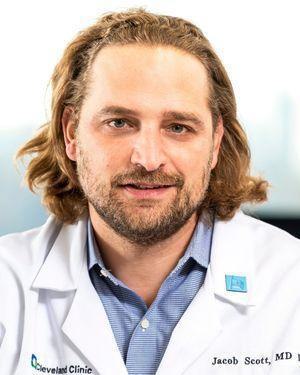- Undergraduate
Bachelor's Degrees
Bachelor of ArtsBachelor of EngineeringDual-Degree ProgramUndergraduate AdmissionsUndergraduate Experience
- Graduate
Graduate Experience
- Research
- Entrepreneurship
- Community
- About
-
Search
All Thayer Events
Special Seminar: Perturbing the Ecological Forces Underlying Drug Resistance in Cancer—Towards evolutionary therapy
Apr
10
Monday
12:00pm - 1:00pm ET
Auditorium E, Dartmouth Health/Online
Optional ZOOM LINK
Meeting ID: 960 3192 7471
Passcode: 506836
Tumors are not just collections of mutated cells, they are complex ecosystems of interacting clones and host elements. This type of system is well known to theoretical ecologists, who have been using mathematical models to understand, and even bias, naturally occurring systems like fisheries and game reserves.
In this spirit, we have been working to develop mathematical models to describe tumors in this way, and further, to connect these models directly to experimental measurements. Specifically, we have developed an in vitro assay to directly parameterize an evolutionary game theory model, and have begun characterizing cell-cell interactions in heterogeneous model tumors. Using this assay, we have documented evidence of frequency dependent fitness, a necessary condition for adaptive therapy and significant ecological effects on cell fitness which strongly affects the emergence of drug resistance. I will describe our findings in EGFR+ and ALK+ non-small cell lung cancer, and propose both clinical and biological next steps to making personalized adaptive (evolutionary) therapy a reality.
Co-sponsored by Dartmouth Cancer Center
About the Speaker(s)
Jacob Scott
Radiation Oncologist & Principal Investigator, Cleveland Clinic

Jake is a veteran of the US Navy submarine force turned academic physician-scientist. His lab pursues research decomposing the complexity of cancer through mathematical modeling and the biological and clinical validation of these models. He has a broad educational background spanning physics, medicine, mathematics and engineering giving him a unique perspective on cancer and systems biology and a strong desire to communicate and collaborate with professionals across many disciplines. He has worked extensively on mathematical modeling of cancer evolution and treatment using a variety of models including evolutionary game theory, cellular automata, differential equations and Markov chains. His DPhil thesis focused on the role of heterogeneity, both genetic and microenvironmental, on cancer evolution and radiation response, and his laboratory’s focus is cancer evolution and therapy resistance using a combination of experimental and theoretical models of evolution in bacteria and cancer.
Contact
For more information, contact Ashley Parker at ashley.l.parker@dartmouth.edu.
